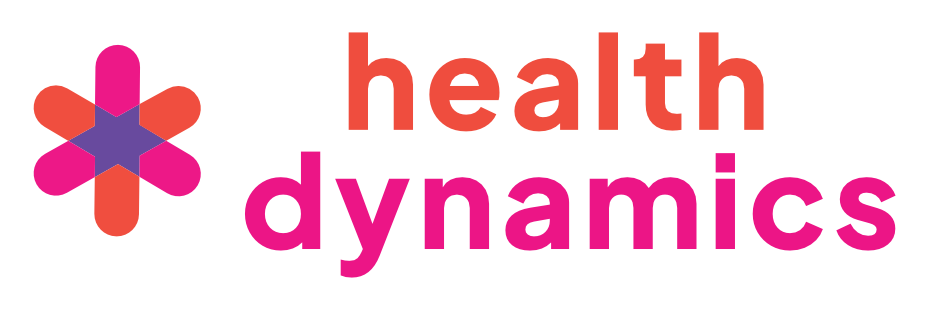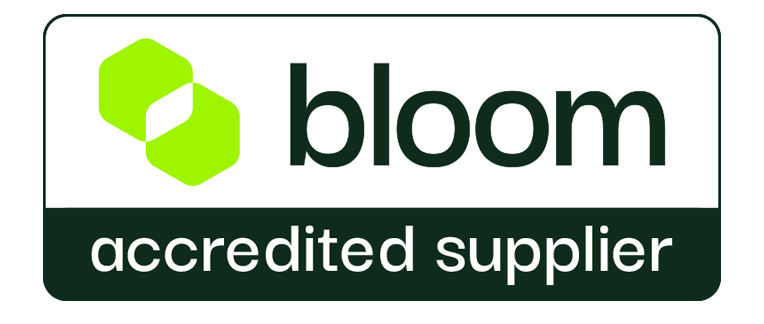In the drive to transform health and care systems, much of the focus naturally lands on structural changes, financial pressures, and clinical service redesign. But one critical enabler of long-term transformation often remains underutilised: Organisational Development (OD).
OD is more than team building or away days. At its core, OD is a strategic discipline that focuses on aligning people, culture, and systems to enable organisations—and increasingly, systems—to adapt and thrive. And in an NHS context where integration, collaboration, and workforce pressures dominate, OD may be one of the most powerful levers you’re not pulling hard enough.
According to a 2023 NHS Providers survey, 74% of trust leaders cite “staff morale and retention” as a top risk to service delivery. Challenges around burnout, workforce gaps, and the legacy of pandemic disruption are widespread. These aren’t problems that can be fixed with policies or funding alone—they require a deep shift in how organisations support, engage, and develop their people.
That’s exactly where OD delivers value.
Through facilitated engagement, inclusive leadership development, and targeted culture change programmes, OD helps teams reconnect with purpose, rebuild trust, and align around shared goals. It creates the psychological safety needed for innovation and the capability required for transformation.
With Integrated Care Systems (ICSs) now formally embedded across England, the future of OD is systemic.
System-level OD helps multiple organisations—often with different histories, priorities, and leadership styles—work together with shared behaviours, values, and expectations. It involves building collective leadership, facilitating joint development, and creating consistent ways of working across organisational boundaries.
At Health Dynamics, we’ve supported OD initiatives that span multiple providers and commissioners. In one example, a leadership development programme delivered across mental health trust and community providers led to increased satisfaction scores and improved staff retention.
A well-designed OD programme doesn’t just deliver temporary feel-good sessions — it embeds capability. It strengthens teams, grows local leaders and leaves organisations better equipped to handle future challenges.
Because OD often operates through co-design and facilitation, it enables organisations to take ownership of change rather than relying on external consultants to “fix” things.
- Engage leadership in a shared understanding of OD’s value.
- Invest in OD capability—either internal or supported through trusted partners.
- Embed OD in system transformation programmes from the start, not as an afterthought.
- Use data—staff surveys, CQC feedback, team diagnostics—to target interventions.


